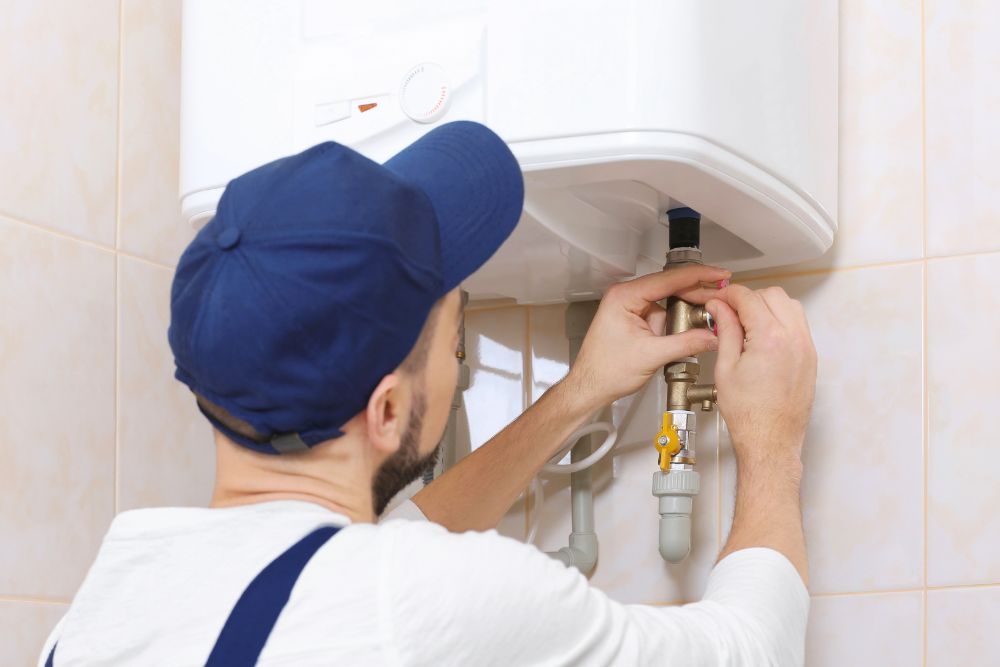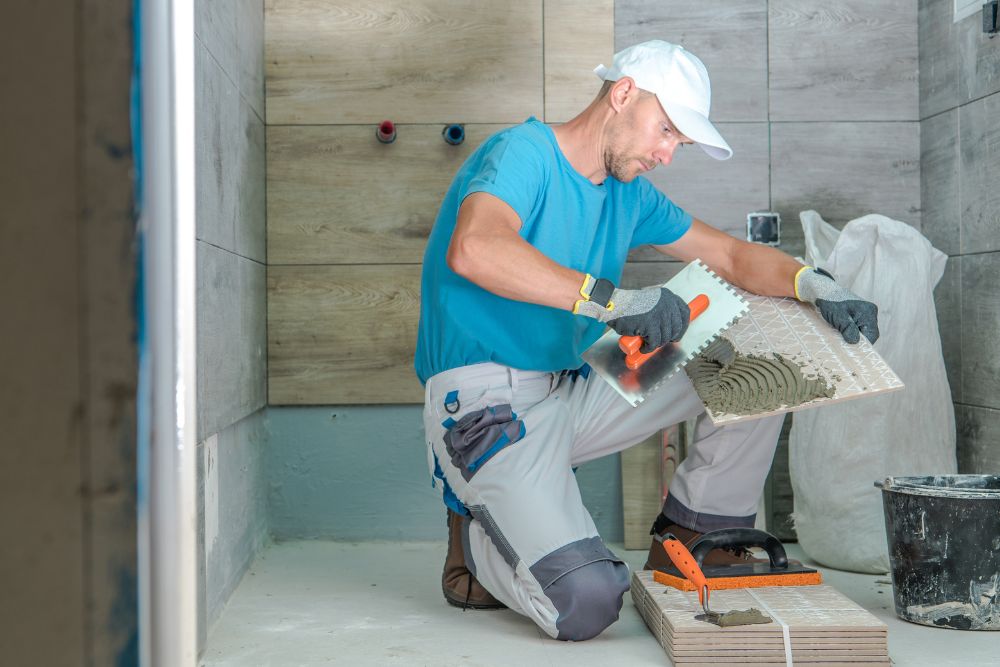A well-planned bathroom remodel requires more than an understanding of the renovation costs. You also have to learn about the corresponding tax deductions. But is a bathroom remodel tax deductible? As part of your home improvement, this project is not eligible for tax credits, but there are other ways to get deductions for your bathroom remodel.
Is a Bathroom Renovation a Tax Deduction?
Generally, a bathroom remodeling project is not tax deductible. The Internal Revenue Service (IRS) considers any home improvement project, including bathroom renovation, a personal expense. The agency allows no deductions for such costs. As such, you are not expected to get a deduction for your newly refurbished bathroom.
Yet, that does not mean you’re not getting anything from your investment. Bathroom improvements may still be eligible for tax deductions and credits. These include the following:
Medical Expense Credits

Bathroom improvements with medical purposes in mind may qualify for tax deductions. These upgrades should address the specific medical needs of any resident, including seniors and those with special health conditions and disabilities. Examples include accessibility features such as bathroom guardrails, roll-in showers, and widened entrances. Such improvements can accommodate wheelchairs and other bulky medical devices and add a layer of safety for people with certain physiological requirements.
The renovation costs incurred by medical improvements may qualify for itemized deductions on Schedule A of Form 1040. You may claim them as part of your Medical and Dental Expenses. However, for the amount to be deductible, the medical renovation costs should exceed 7.5% of your adjusted gross income (AGI).
Residential Energy Credits

Upgrades that can reduce utility bills qualify you for the Energy Efficient Home Improvement Credit. This only applies to your primary residence, which is the property where you live most of the time. Eligible bathroom improvements include low-flow showerheads and toilets, skylights, and tankless water heaters. The idea is to incentivize effective energy management through energy-efficient upgrades.
Qualified bathroom upgrades will get residents a tax credit of up to $3,200. This covers 30% of eligible expenses. You may claim this credit annually on Form 5695 for qualified improvements made after January 1, 2023, and before January 1, 2033. Note that this is a nonrefundable tax credit. This means that you will not get more on the credit than the amount you owe in taxes. Additionally, any excess cannot be applied to future tax years.
Furthermore, from 2025 onward, the IRS requires that all items used should come from qualified manufacturers. Otherwise, the improvement will not be eligible for the tax credit. Each item’s product identification number (PIN) should be reported on the taxpayer’s tax return.
As of January 1, 2026, the IRS has implemented stricter restrictions on product documentation. The agency now requires qualifying products to have a full 17-character PIN. Additionally, to be eligible for the $150 tax credit for your home energy audit, the assessment should be performed by a qualified home energy auditor. They should be certified by a Department of Energy-approved program, and their name and details of certification should appear in your written report.
Deductions For Rental Property Bathroom Remodeling

While improvements to rental property, including bathroom remodeling, are not deductible according to the IRS, there are a few ways to recover the incurred expenses. Here are two well-known methods:
- Deductions through depreciation. While direct deductions would have significantly reduced the tax you’ll pay in a year, it may not get you your upgrade’s true value. The IRS would rather spread the deductible costs over the years. While the IRS sees the long-term benefits of the remodel, they would also like to account for the fact that its value depreciates over time. You may use Form 4562 to report the depreciation beginning in the year you started renting out your property and the specific year when you renovated your bathroom.
- Deductions as business expense. You may also get a deduction by reporting your rental property’s bathroom remodeling as a business expense. You can do so on Schedule E of Form 1040, which allows for deductions on piecemeal costs incurred by the renovation, including repairs, cleaning, and supply purchases. This applies to work involved in upgrading or maintaining the property at the owner’s expense.
Are Bathroom Renovations Capital Improvements?
The IRS considers bathroom remodeling as capital improvement for residential and rental homes. However, it should be noted that the tax treatment for these types of property has major differences, as we can infer in the previous section. In either case, the renovation counts as capital improvement for the following reasons:
- It adds value to the property. Overhauled bathrooms have improved aesthetic appeal, optimized layout, and modern features. Altogether, these easily improve your bathroom’s comfort and utility.
- It prolongs the useful life of the property. Bathroom remodeling often involves work on broken and worn plumbing, damaged fixtures, and old electrical systems. The work, in turn, extends the bathroom’s usefulness by years or decades. At the same time, it prevents issues like leaks and electrical problems from occurring in the future.
- It prepares the property for a different use. With some work and imagination, homes can be converted into offices or shops. Bathroom remodeling modernizes the place, making it more compatible with new features necessary for the property’s conversion.
Are fixing up expenses deductible?
Fixing up expenses—costs related to repairs done to a house in preparation for its sale—incurred on residential property bathrooms are generally not tax deductible. Unlike capital improvements, fixing up involves work that often focuses on minor repairs and cosmetics. They are not extensive fixes and upgrades that improve and maintain the property. The goal is to make the home more attractive and easier to sell. However, as most of the work done serves the purpose of presentation rather than improvement, it usually will not add to the property’s sale value.
On the other hand, fixing up expenses for rental property bathrooms may be deductible, depending on the nature and scope of the work. The IRS considers ordinary repairs that keep the bathroom in good working condition, such as replacing broken toilet seats and leaky faucets, as business expenses and are, thus, deductible in the year on which they are incurred. This is the same treatment as with capital improvements, where structural reinforcement and major cosmetic restoration are often involved.
Bathroom renovations are worthwhile investments
Bathroom improvements do pay off. Upgrades and repairs not only make the place more comfortable and functional for residents or more attractive to potential buyers; there are tax incentives in place that could help you recover your expenses, allowing you to reallocate more resources where they are needed the most. For remodels to qualify for tax deductions, it pays to hand the job over to a professional bathroom remodeling company. These folks understand the nuances of local and federal tax codes, ensuring you get the most from your investment.

